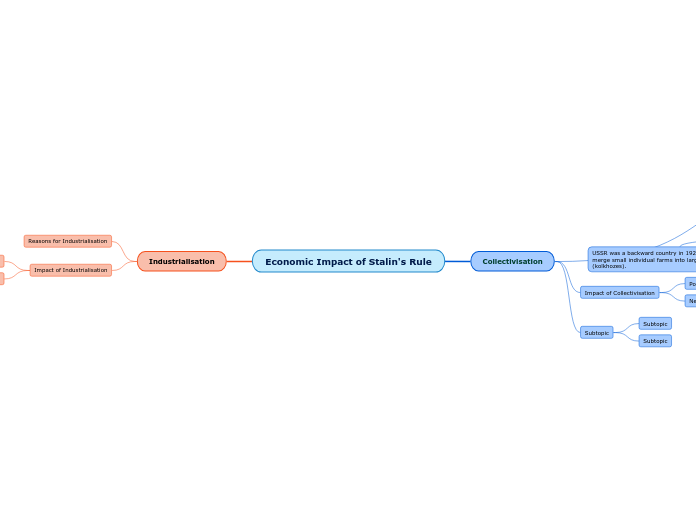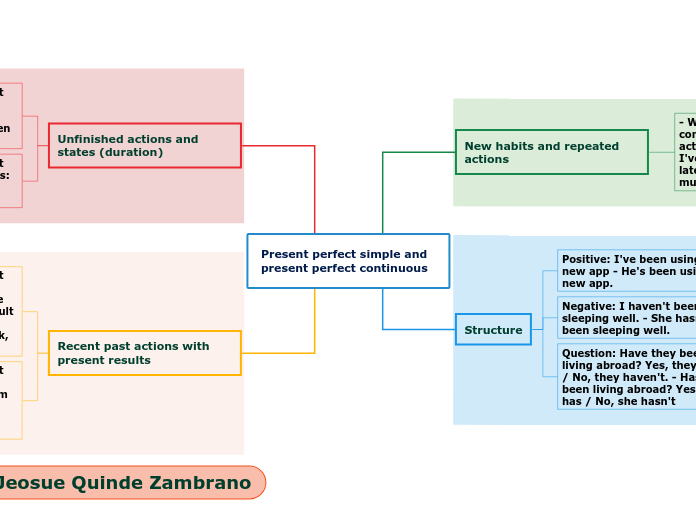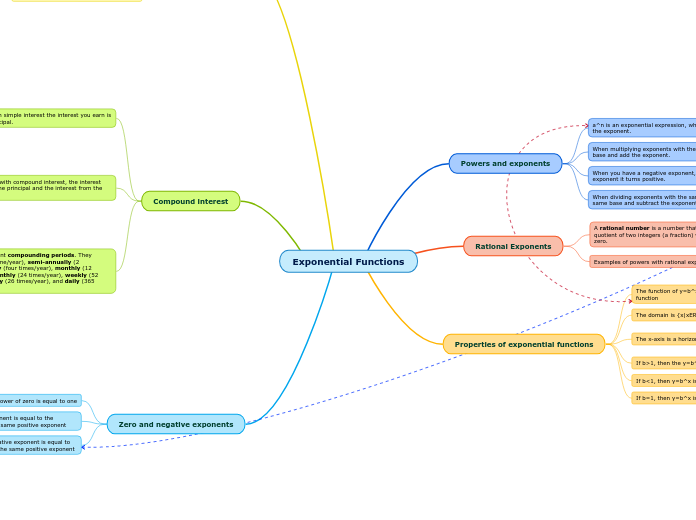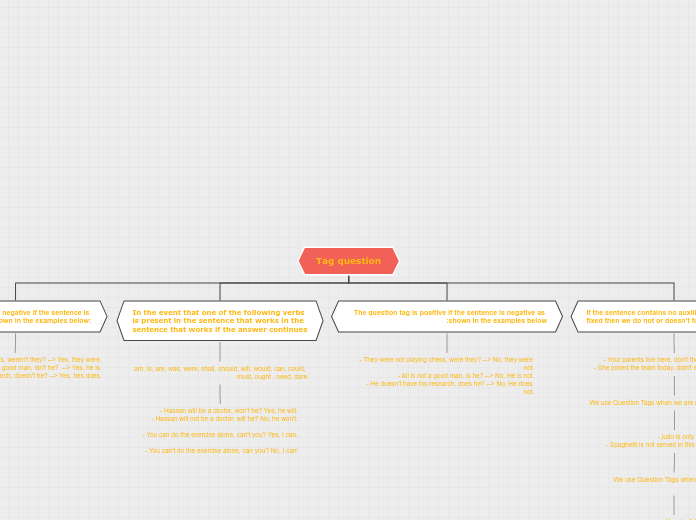arabera Valerie Foo 3 years ago
224
Economic Impact of Stalin's Rule
In the late 1920s, the Soviet Union was undergoing a significant transformation under Stalin's leadership. One of the primary focuses was on agriculture, which led to the policy of collectivisation.









